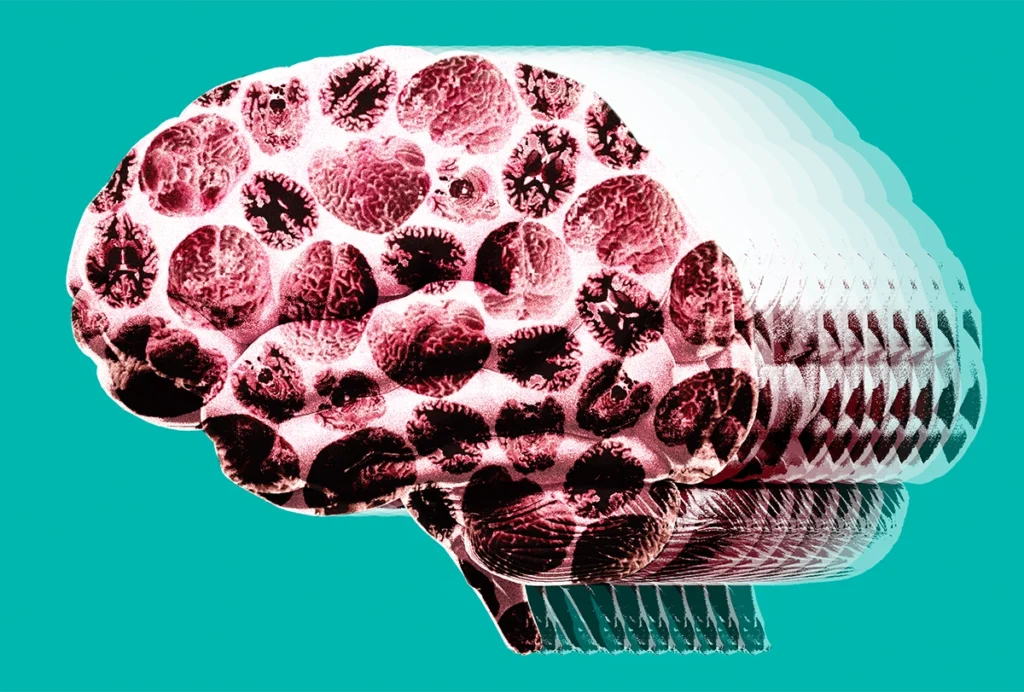Scott Marek is assistant professor of radiology in the Mallinckrodt Institute of Radiology at Washington University School of Medicine in St. Louis. Marek received a Ph.D. in neuroscience from the University of Pittsburgh, where he gained expertise in pediatric neuroimaging with Beatriz Luna. Subsequently, he completed a postdoctoral fellowship with Nico Dosenbach at Washington University School of Medicine, where he gained expertise in functional mapping of individual brains and leveraging big data to quantify the reproducibility of brain-wide association studies. He now runs his own lab focused on precision imaging and deep phenotyping of adolescent twins with depression, as well as population neuroscience approaches using large datasets, such as the Adolescent Brain Cognitive Development (ABCD) Study.

Scott Marek
Assistant professor of radiology
Washington University School of Medicine in St. Louis
From this contributor
Breaking down the winner’s curse: Lessons from brain-wide association studies
We found an issue with a specific type of brain imaging study and tried to share it with the field. Then the backlash began.

Breaking down the winner’s curse: Lessons from brain-wide association studies
Explore more from The Transmitter
Machine learning spots neural progenitors in adult human brains
But the finding has not settled the long-standing debate over the existence and extent of neurogenesis during adulthood, says Yale University neuroscientist Juan Arellano.

Machine learning spots neural progenitors in adult human brains
But the finding has not settled the long-standing debate over the existence and extent of neurogenesis during adulthood, says Yale University neuroscientist Juan Arellano.
Xiao-Jing Wang outlines the future of theoretical neuroscience
Wang discusses why he decided the time was right for a new theoretical neuroscience textbook and how bifurcation is a key missing concept in neuroscience explanations.
Xiao-Jing Wang outlines the future of theoretical neuroscience
Wang discusses why he decided the time was right for a new theoretical neuroscience textbook and how bifurcation is a key missing concept in neuroscience explanations.
Memory study sparks debate over statistical methods
Critics of a 2024 Nature paper suggest the authors failed to address the risk of false-positive findings. The authors argue more rigorous methods can result in missed leads.

Memory study sparks debate over statistical methods
Critics of a 2024 Nature paper suggest the authors failed to address the risk of false-positive findings. The authors argue more rigorous methods can result in missed leads.